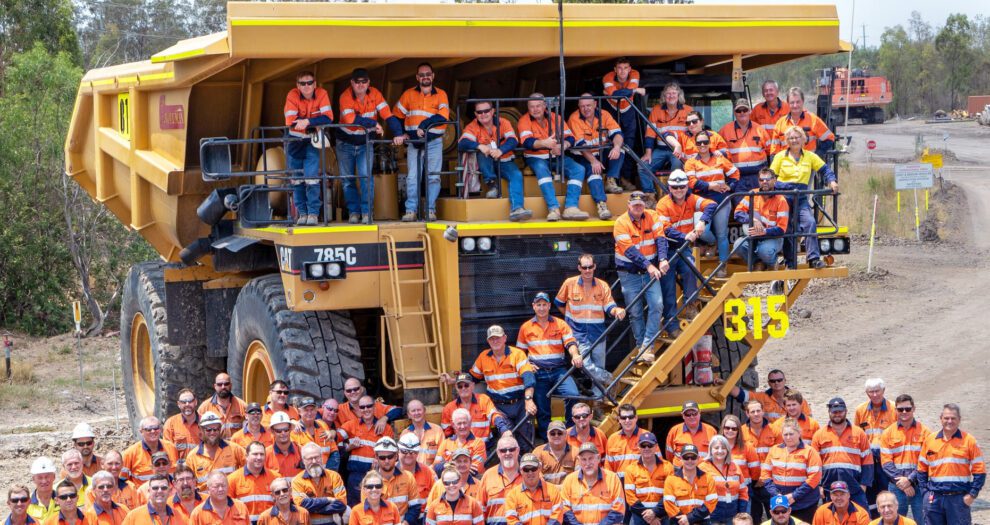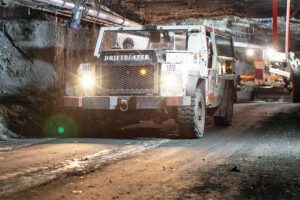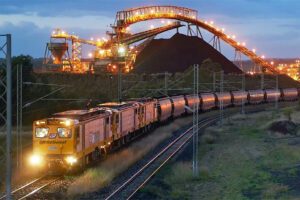A revived operation expects to significantly increase outsourced worker remuneration in Queensland’s Darling Downs region.
New Hope Corporation (NHC) recently predicted labour hire pay would rise by up to 17 per cent due to a new federal ban on giving different wages and entitlements to direct- and labour hire- staff.
The Australian Parliament’s passed Fair Work Legislation Amendment (Closing Loopholes) Bill also crimininalises industrial manslaughter, superannuation theft, and wage theft with tougher civil penalties.
“The Albanese government’s Closing Loopholes Bill will increase the cost of labour hire and production, with comparative employment costs between contractors and direct employees rising by as much as 17 per cent,” an NHC spokesperson said in a public statement.
“This will reduce our competitive advantage as a low-cost producer and limit our capacity to scale our workforce in periods of low coal prices. In real terms, it means we may need to reduce production and employment during periods of low coal prices. The ‘same job, same pay’ provisions also reduce our capacity to reward experienced workers, which is a critical factor in driving safety performance and productivity.”
Whitehaven Coal might separately delay production or even restructure the business to compensate for its unexpected jump in wages. It is unclear how this might affect the Blackwater (226km west of Rockhampton) and Daunia (170km southwest of Mackay) coal mines that were recently acquired from BHP Mitsubishi Alliance for US$4.1 billion (A$6.4B).
“The flow on benefit of this in?built [labour hire] flexibility is that we continue to employ and upskill workers, pay suppliers and invest in the business – even during the low points of the coal price cycle,” people and culture executive general manager Daniel Cram said according to the media outlet.
“If set fees have been agreed, the impact is likely to increase contractual disputation or a significant financial impact on the contractor meaning they may not be able to continue to supply their service or to operate at all.”
The Minerals Council of Australia (MCA) claimed the average resources employee already earns $151,500 a year, and lifting wages any further would push proponents to relocate production overseas.
“By dramatically lifting the cost of doing business in Australia, business will simply look elsewhere to other nations where opportunities abound and political risk is low,” MCA CEO Tania Constable said in a public statement.
“It will render some mining projects and developments unviable, costing jobs and opportunity. It threatens to bring down the shutters on project extensions and expansions.”














Add Comment